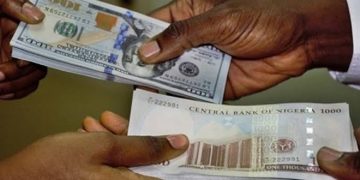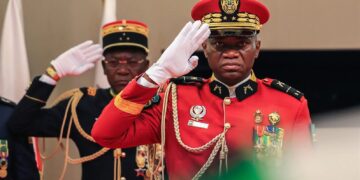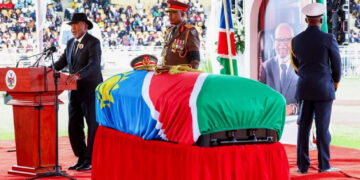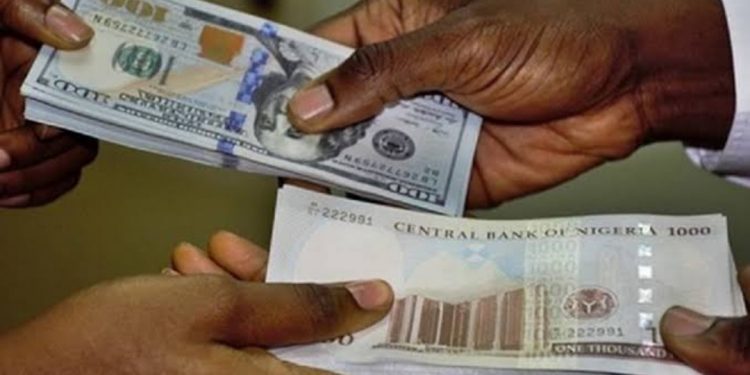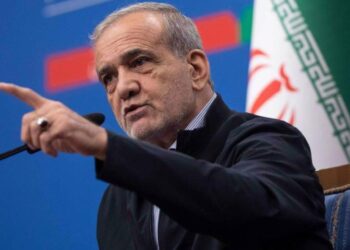By Emmanuel Nduka
Nigeria’s naira plunged to a new all time low on the parallel market last weekend, as it exchanged at N620 to the dollar, down 0.8 per cent due to pressure on demand for the greenback.
The naira had traded at N615 to one dollar previously as traders said demand for the dollar has grown in the last few days to pressure from people wanting to go on summer holidays.
However, unlike what was obtained on the parallel market, the naira closed stronger at N424.63 to the dollar gaining 0.01 percent at the official market.
According to traders, most participants at the Import and Export (I&E) foreign exchange window maintained bids between N411.42 and N444.00 to the dollar.
This is even as Bureau de Change operators said the naira declined against the dollar due to increased demand for the greenback, as the Central Bank of Nigeria (CBN) has not been able to meet demand by end-users at the official widow.
The traders put the buying price of the dollar at N614 and the selling price at N620, leaving a profit margin of N6 per dollar.
On the money market, the overnight (O/N) lending rate remained unchanged at 14.00 per cent, while the OPR increased by 0.04 per cent to close at 13.38 per cent against the previous 13.21 per cent.
Meanwhile, the National Bureau of Statistics (NBS) has said that Nigeria’s inflation rate hit highest level in 65 months over five years and the fifth consecutive month.
According to the NBS, food inflation rose to 20.6 per cent in June 2011 from the 19.5 per cent recorded in May 2012.
The bureau attributes the rise in the food index to increase in prices of bread and cereal food products, potatoes, yam and other tubers, meat, fish, oil, wine and other items.
On a month-on-month basis, the headline inflation rate increased to 1.82 per cent in June 2022, with the average of the CPI for the last 12 months at 16.54 per cent showing a 0.62 per cent increase compared to 15.93 per cent recorded in June 2021.
